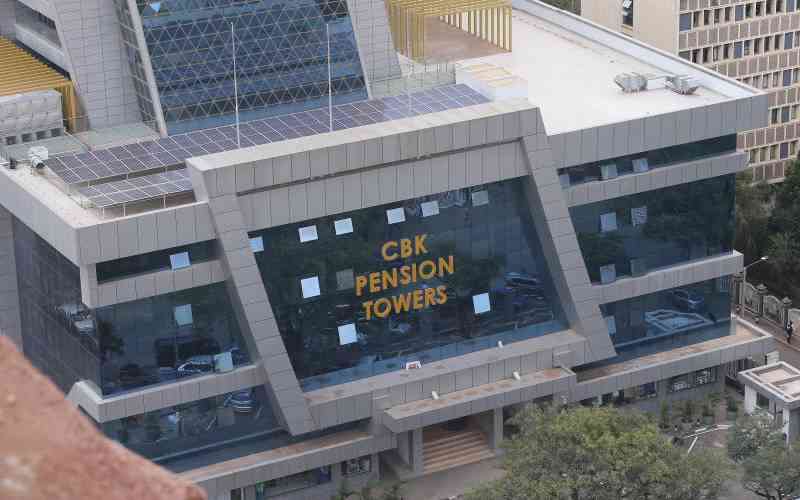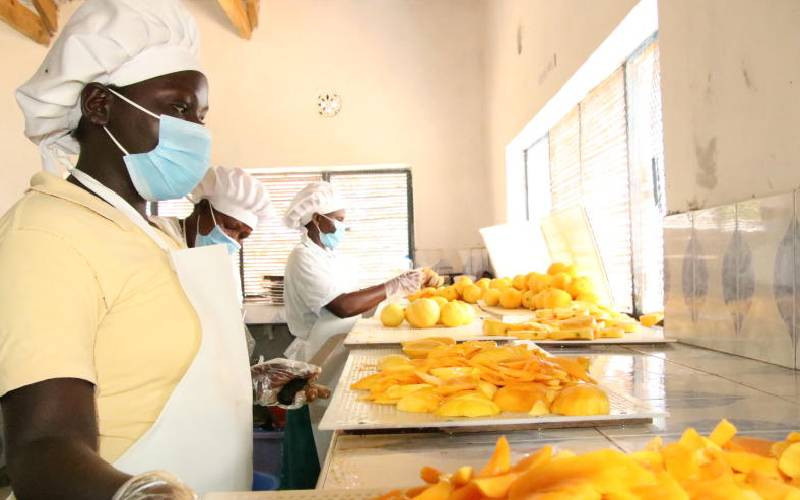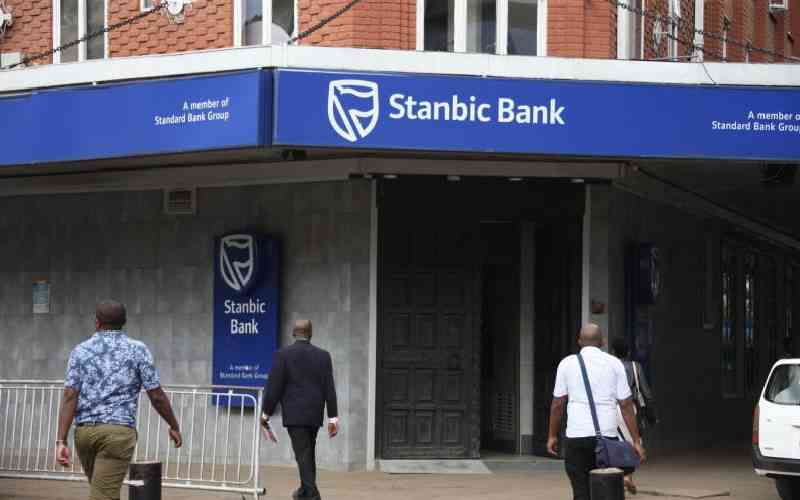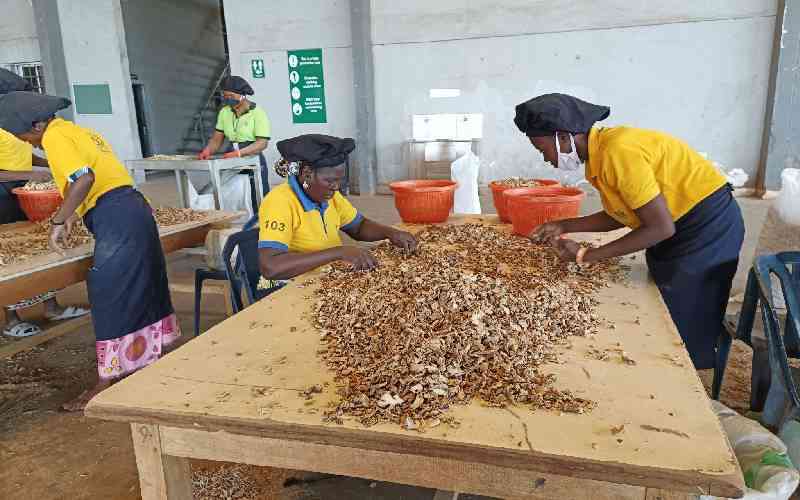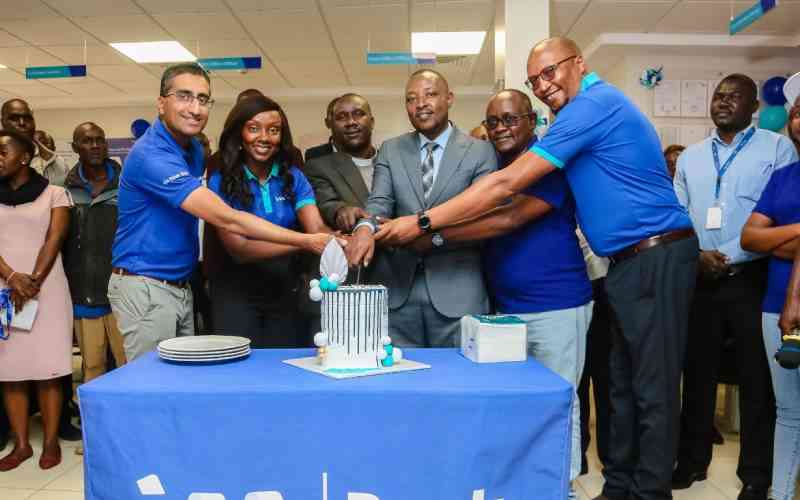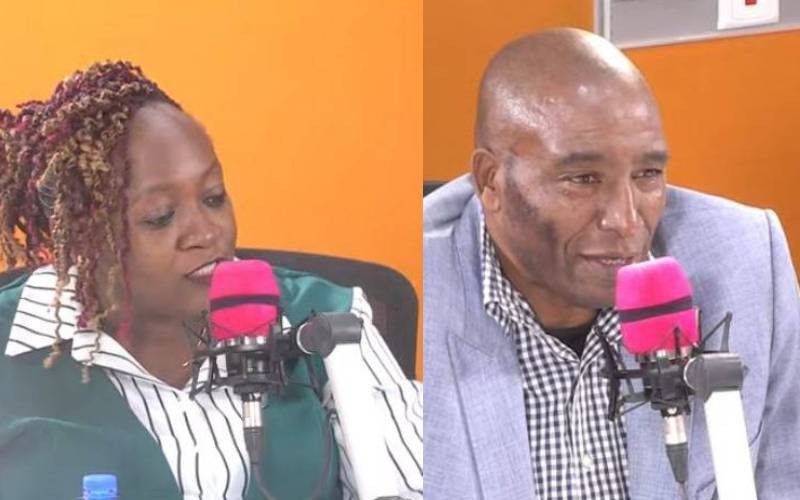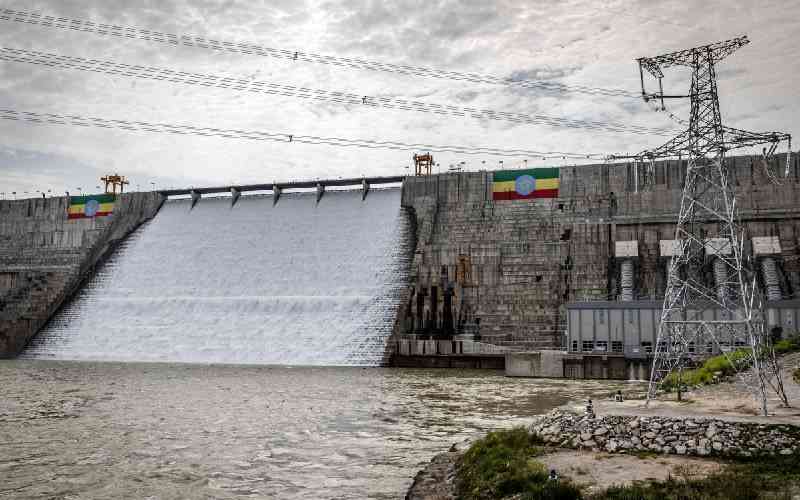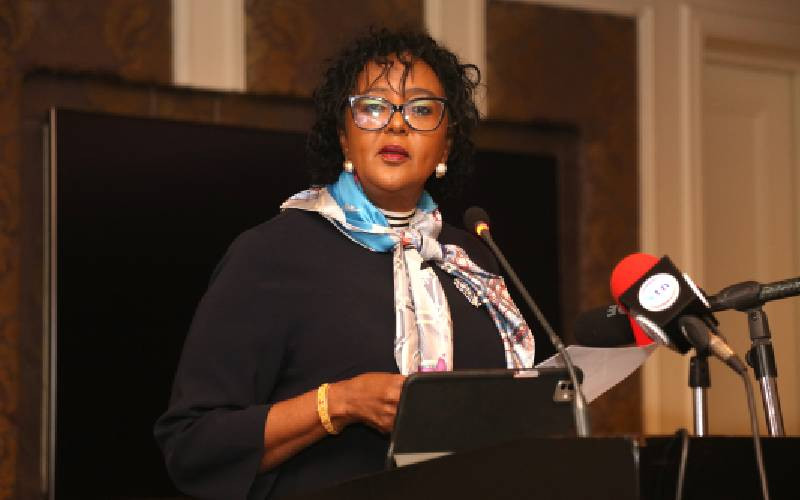
Amb Amina Mohamed, Founder Of Alive, during a high-level panel discussion on the Sudan crisis in Nairobi, on September 11, 2025. [Wilberforce Okwiri, Standard]
Three organisations have initiated a push to end of the war in Sudan and allow humanitarian aid to the suffering people.
Koffi Annan Foundation, Maghreb and Africa Centre for Media, and Amina Live Foundation, led by former Foreign Affairs Cabinet Secretary Amina Mohammed, on Thursday said they are alarmed the ongoing conflict is devastating the country.
In a joint communique, they said the people of Sudan have endured enough, warning that a military solution only deepens the cycle of violence, destruction and despair.
The organisations issued the statement after a panel discussion on the challenges facing the peace process in Sudan, why past peace initiatives have failed and the way forward.
They said wars would bring peace, justice or stability. but only inclusive political settlement would do so.
To ensure the initiative bears fruit, the three groups have called upon the Intergovernmental Authority on Development (Igad), African Union (AU) and United Nations (UN) to act.
Arnaud Akodjenou, advisor for Africa at the Koffi Annan Foundation, said the organisations have the authority “to exert maximum pressure on the Sudanese Armed Forces (SAF) and the Sudanese Rapid Support Forces (RSF) to immediately cease hostilities and return to the negotiating table.”
The groups are also pushing for increased humanitarian access and protection of civilians, ensuring that aid reaches the most needy without delay.
“Support and facilitate a comprehensive, inclusive political dialogue that centres the voices of the Sudanese people, including women, youth, civil society, faith-based organisations and marginalised communities as the only sustainable path to peace,” said Akodjenou.
An inclusive transitional government vested with full civilian authority, they said, would steer the country to a credible political path, one that is supported by the international community, and culminate in free and fair presidential and legislative elections.
The three organisations said Sudan currently stands at crossroads and the future of its people cannot be determined by violence.
“We appeal to the IGAD, AU and UN to rise to this moment of history, to uphold the principles of peace and human dignity and to help to end this tragic war through inclusive mediations and negotiations,” said Akodjenou.
“The world cannot look away. Silence, procrastinations and inaction are complicity. Sudan needs peace now. We must break the silence and silence the guns.”
Stay informed. Subscribe to our newsletter
RSF, which has been blamed for atrocities, recently formed a separate movement and installed Mohamed Hamdan Hemedti as chair of 15-member presidential council, which includes regional governors.
According to UN, 30 million people need aid. The war, which is in its third year, has displaced about 10 million people, becoming the world’s largest displacement crisis with four million having fled to neighbouring countries.
“One in every 10 people in need of humanitarian assistance globally is in Sudan and 1 in seven of the displaced people is Sudanese,” said Tapiwa Gomo, head of communications and information management at Office for the Coordination of Humanitarian Affairs.
He said women and girls face sexual violence and unsafe child birth as fighting continues in Darfur and Kordofan areas, and as international laws are flouted and aid blocked.
Gomo said civilians are paying the heavy price, faced by shelling and airstrikes on populated areas like markets, hospitals, schools and worship sites.
He said 12.1 million (80 per cent increase) are at risk of gender based violence.
He said so far over 120 aid workers have been killed, volunteers harassed and there has been forced recruitment of boys.
Gomo said there has been collapse of services with 174 attacks on health facilities and that only 38 per cent were functional.
“Maternal health is collapsing leading to unsafe births. Vaccination coverage has dropped from 84 per cent in 2022 to 39 per cent last year. Multiple outbreaks including cholera, dengue, measles, and malaria are on the rise, 14 million children or 80 per cent out of school and there is need to restore infrastructure, livelihoods and services,” he said.
On humanitarian response and access, he said since January to June, 13.3 billion people have been reached with aid consisting of 13.3 million of food, 8 million of water, 4.5 million of cholera vaccines and Sh599,000 cash aid.
